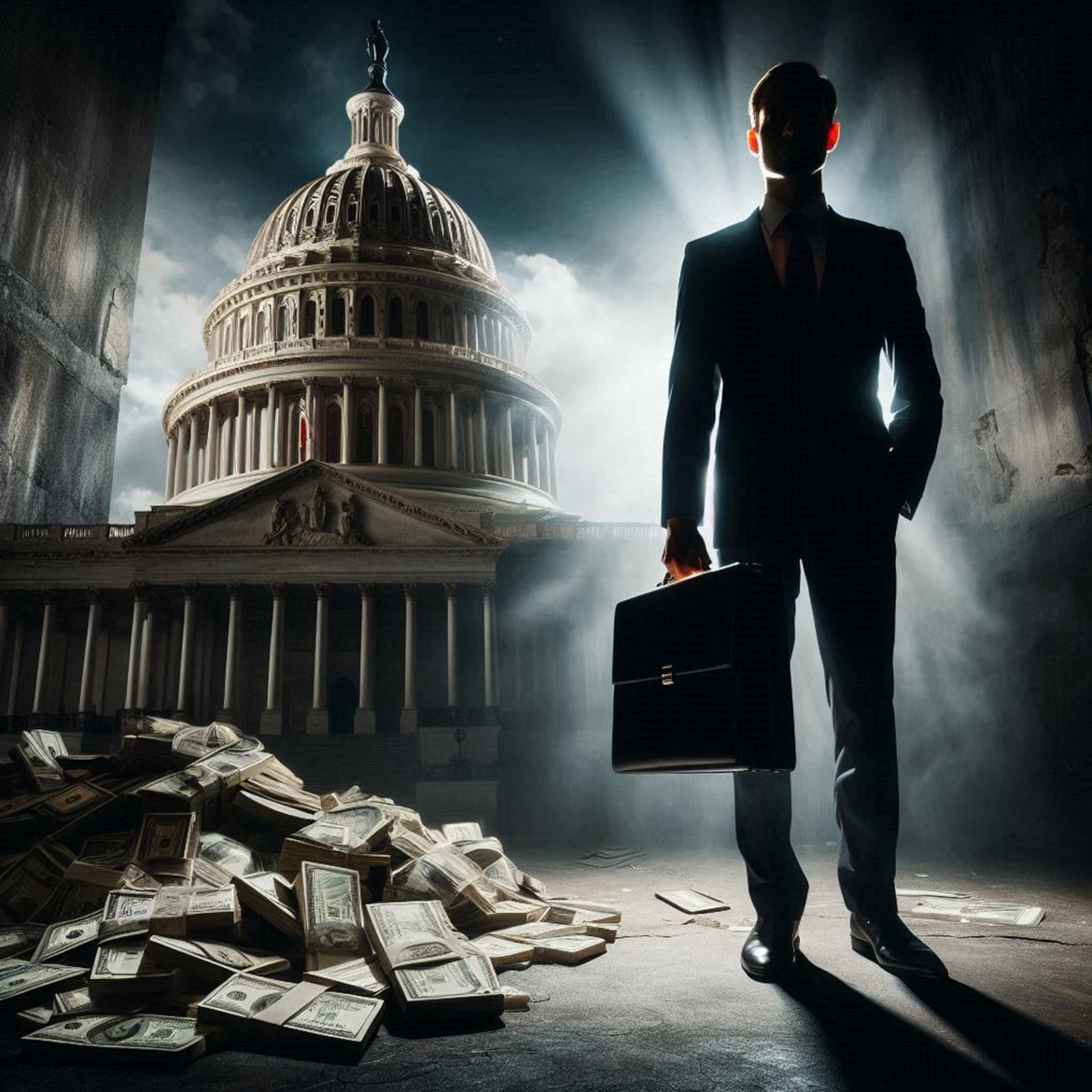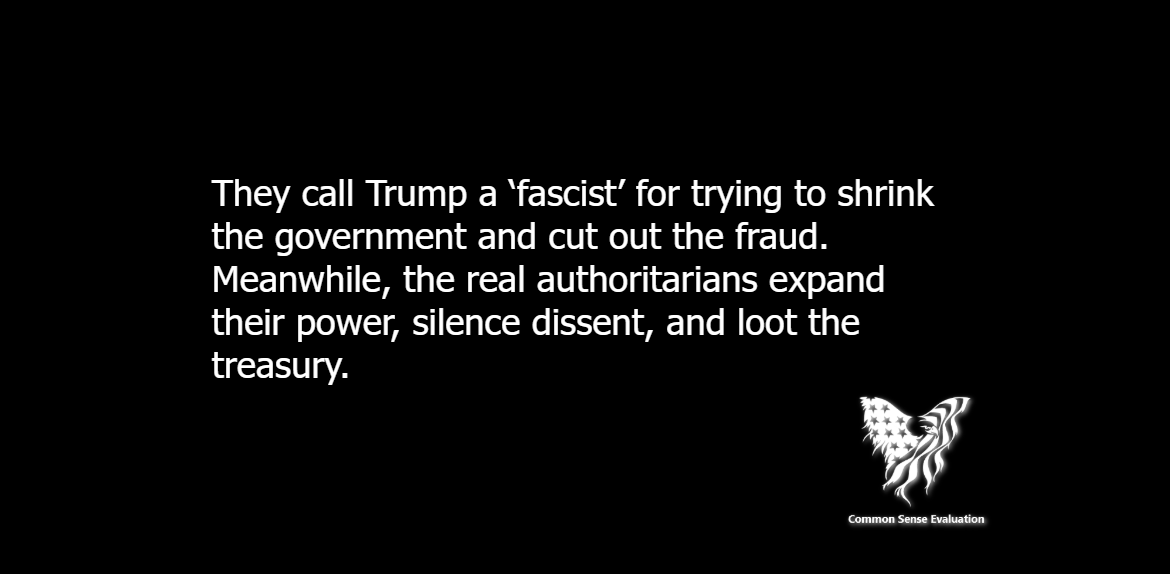We like to believe that justice is blind—that the law treats everyone equally, no matter who they are or how much money they have. But what if that’s just a comforting lie?
Behind the scenes, powerful politicians and wealthy elites have turned the legal system into a rigged game. Judges are bought, laws are twisted, and the scales of justice tip in favor of those who can afford to pay. If you think the courts protect the innocent and punish the guilty, think again. The truth is far uglier.
Bribes in Black Robes: The Dirty Secret of Judicial Corruption
Not all judges are corrupt, but enough are to make the system untrustworthy. Some take direct bribes—cash, favors, or even vacations—in exchange for favorable rulings. Others are more subtle, accepting “donations” from wealthy donors who just happen to have cases before them.
In some countries, judges are openly for sale. But in places where bribery is illegal, it happens in the shadows. A well-connected defendant might suddenly see their charges dropped. A politically powerful figure gets a suspiciously light sentence. Meanwhile, ordinary people face the full force of the law.
How do they get away with it? Simple. The people who could expose them are often part of the same corrupt network.
Crony Judges: When Politics Trumps Justice
Many judges aren’t independent legal experts—they’re political appointees. They got their jobs because they’re loyal to a party, a politician, or a wealthy backer. Once in power, they repay that loyalty by ruling in favor of their allies.
Imagine a judge who was handpicked by a corrupt governor. Do you think they’ll rule against that governor’s interests? Not likely. These judges don’t interpret the law—they bend it to serve their friends.
And when a judge does the right thing? They’re often removed, demoted, or smeared. The system protects its own.
Legal Loopholes: How the Rich Buy Their Freedom
Laws are supposed to apply to everyone equally. But clever lawyers (the ones who charge $1,000 an hour) know how to exploit loopholes most people have never heard of.
A billionaire accused of fraud might walk free because of a technicality. A politician caught taking bribes gets off because of a poorly written statute. Meanwhile, a single mother stealing groceries to feed her kids gets the maximum sentence.
The loopholes aren’t accidents. They’re designed that way—left in the law by politicians who know they might need an escape route someday.
The Fix Is In: How Cases Are Manipulated Before They Even Go to Trial
Corruption doesn’t always happen in the courtroom. Often, the fix is in long before a case goes to trial.
Prosecutors can choose not to press charges against powerful figures. Evidence can “disappear.” Key witnesses might suddenly change their stories—or refuse to testify at all.
In some cases, the legal system is used as a weapon. Innocent people are targeted with false charges to silence them, while the real criminals walk free.
What Can Be Done?
If the system is this broken, is there any hope? Maybe—but only if enough people wake up and demand change.
First, we need transparency. Judges’ financial ties should be public record. Campaign donations to prosecutors should be tracked and scrutinized.
Second, whistleblowers must be protected. The people who expose corruption often face retaliation. That has to stop.
Finally, ordinary citizens have to pay attention. Most people ignore court cases unless they’re directly involved. But if we don’t hold the system accountable, the corruption will only get worse.
The Bottom Line
Justice isn’t supposed to be for sale. But for those with money and power, it often is. The legal system was meant to protect the weak, not shield the guilty.
Until we admit how deep the rot goes, nothing will change. And if nothing changes, the rich and powerful will keep writing their own rules—while the rest of us suffer the consequences.
The question is: What are you going to do about it?




